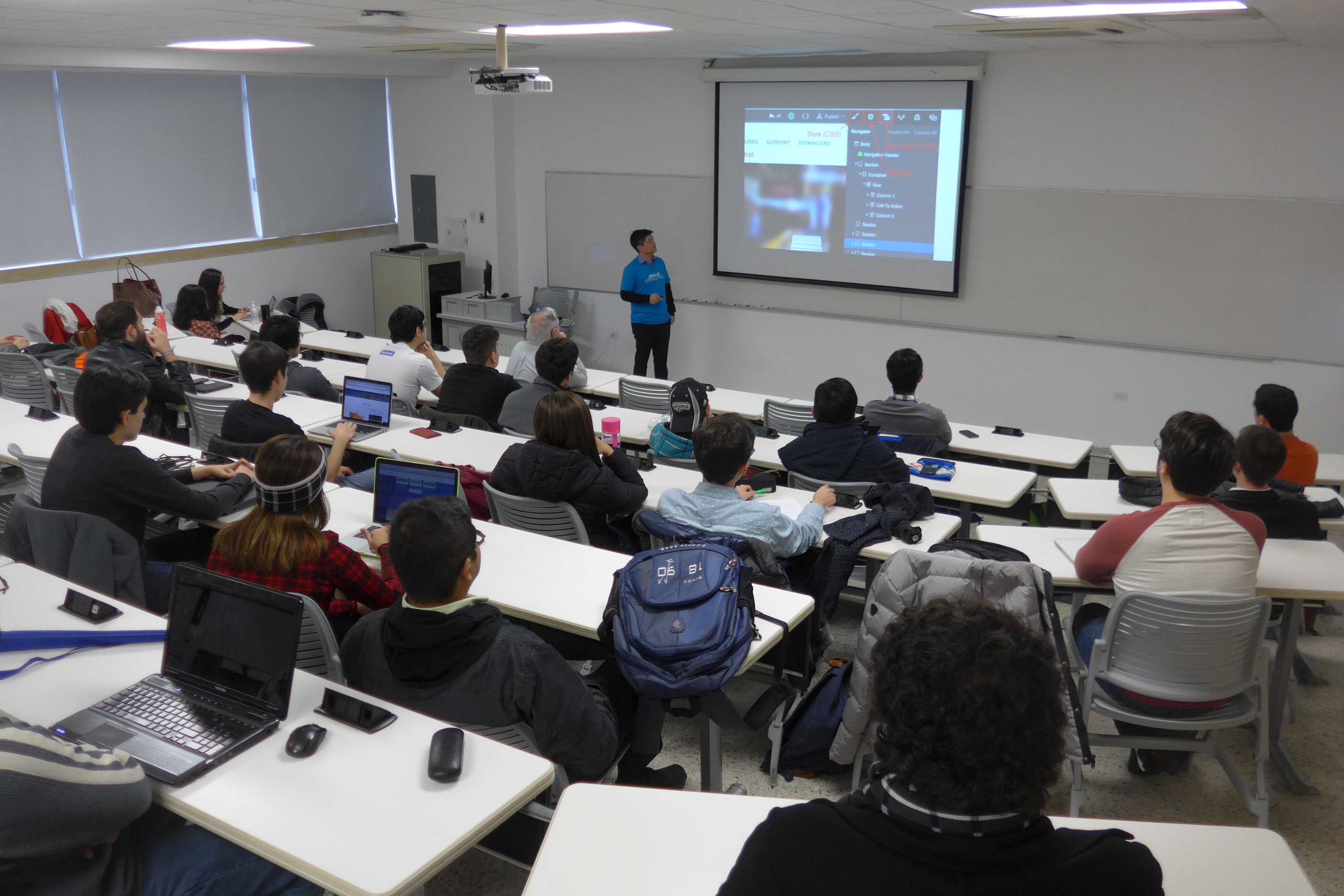A well-crafted resume or curriculum vitae (CV) is the key to unlocking professional opportunities. It serves as your personal marketing tool, showcasing your skills, qualifications, and experiences to potential employers. However, to make a strong impression, it is crucial to understand the do’s and don’ts of CV writing. This article aims to provide essential guidelines to help you create a compelling document that captures the attention of recruiters.
Do’s on your Resume
- Tailor your resume/CV to the job: Customize your CV for each position you apply to. Analyze the job requirements and highlight relevant skills, experiences, and achievements that align with the specific role. This targeted approach demonstrates your suitability for the position.
- Use a clean and professional format: Choose a clear and easy-to-read font, and maintain consistent formatting throughout your document. Organize your CV using sections (such as contact information, summary/objective, education, work experience, and skills) to enhance readability.
- Include a professional summary/objective: Begin your resume/CV with a concise summary or objective statement. This brief paragraph should highlight your key qualifications and career goals, providing employers with a snapshot of your value proposition.
- Emphasize achievements and measurable results: Rather than solely listing job duties, focus on your accomplishments and quantify them when possible. Include specific examples of how you contributed to projects, achieved targets, or improved processes. This demonstrates your effectiveness and adds credibility to your claims.
- Use action verbs and industry-specific keywords: Start bullet points with action verbs (e.g., “managed,” “implemented,” and “achieved”) to describe your responsibilities. Incorporate industry-specific keywords from the job description to help your CV pass automated screenings and show alignment with the role.
Don’ts on your Resume
- Don’t include irrelevant or outdated information: Ensure that the content of your CV is relevant to the position you are applying for. Avoid including outdated certifications, irrelevant work experiences, or personal details that are not required (such as marital status or photographs).
- Avoid generic or clichéd phrases: Steer clear of overused buzzwords and phrases that lack substance, such as “team player” or “strong communication skills.” Instead, provide specific examples and accomplishments to demonstrate your skills and abilities.
- Don’t neglect proofreading and editing: Spelling and grammatical errors can make a negative impression on potential employers. Proofread your CV carefully and consider seeking assistance from a trusted friend or professional to catch any mistakes you might have missed.
- Avoid excessive length: Keep your CV concise and focused. Ideally, it should not exceed two pages, unless you have extensive relevant experience. Prioritize the most relevant information and remove any unnecessary details that may clutter your document.
- Don’t submit a generic CV for different jobs: While it may be tempting to use the same CV for multiple applications, this approach is less effective. Tailoring your document to each job opportunity demonstrates your commitment and interest in the specific role, increasing your chances of success.
Conclusion
Crafting a powerful CV requires attention to detail, customization, and the ability to effectively communicate your skills and experiences. By following these essential do’s and don’ts, you can create a compelling document that increases your chances of landing job interviews and propels you closer to your career goals. Remember, your CV is your introduction to potential employers, so invest the necessary time and effort to make it stand out. To learn more, read our blog.


